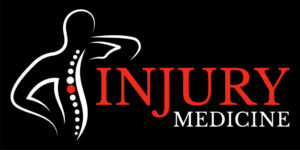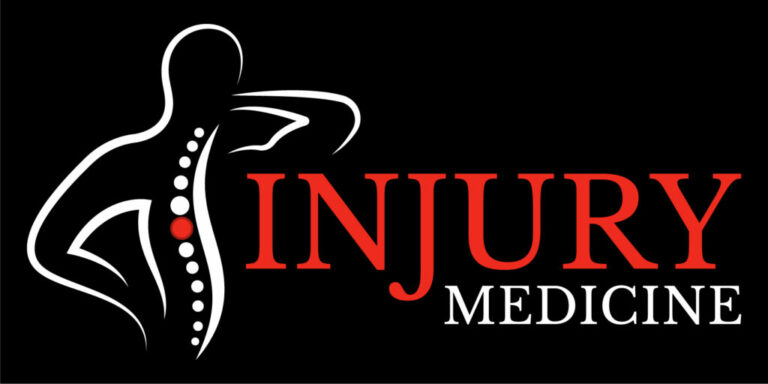- Auto Accident Injuries, Brain Injury
Car accidents can be devastating, both physically and emotionally. While broken bones and lacerations are common in car crashes, traumatic brain injuries (TBIs) are equally prevalent and often undetected.
TBIs can long-term affect a person’s cognitive abilities, motor functions, and emotional well-being. This blog post will explore the different types of traumatic brain injuries one may suffer in a car accident.
If you have suffered a TBI in a car wreck, our head injury treatment specialists are here to help you.
Concussions
Concussions are traumatic brain injuries that occur when the brain is jarred or shaken violently within the skull. Symptoms of a concussion can vary widely from person to person, but some common symptoms include headaches, dizziness, confusion, memory loss, and sensitivity to light and noise.
One of the most concerning aspects of concussions is that they often go undiagnosed. Some people may not even realize they have suffered a concussion until days or weeks after their accident. This is why seeking medical attention immediately after head trauma is crucial.
If left untreated, concussions can lead to more severe long-term effects such as chronic headaches, seizures, and cognitive impairment. It’s important for anyone who has suffered a concussion in a car accident (or any other type of accident) to follow up with their doctor regularly so that they can monitor any potential complications.
Brain Contusions
Contusions are a common traumatic brain injury when the brain is shaken or jolted inside the skull. If left untreated, this can cause bruising and bleeding in the brain tissue, leading to long-term damage.
Symptoms of brain contusions may include loss of consciousness, confusion, headaches, dizziness, or vomiting. These symptoms should never be taken lightly as they could indicate serious underlying problems.
Treatment for brain contusions typically involves monitoring the patient closely to ensure no further swelling or bleeding in the brain. Surgery may sometimes be required to relieve pressure on the affected area.
It’s important to seek medical attention immediately after experiencing head trauma, as early intervention can greatly improve outcomes. If you have been involved in a car accident and suspect you may have suffered a contusion or other traumatic brain injury, don’t hesitate to contact your healthcare provider for an evaluation.
Diffuse Axonal Injuries
Diffuse Axonal Injuries (DAI) are traumatic brain injuries that occur when the brain is shaken or twisted within the skull. This type of injury can cause severe damage to nerve cells and disrupt communication between different areas of the brain.
DAI is commonly associated with car accidents, especially at high speeds or sudden stops. The force from the impact can cause the brain to shift rapidly inside the skull, leading to the tearing and stretching of nerve fibers.
Symptoms of DAI may not be immediately apparent after an accident and can include loss of consciousness, confusion, agitation, and coma. Long-term effects can include cognitive impairment, memory loss, and difficulty with motor skills.
Diagnosis for DAI typically involves medical imaging such as CT scans or MRIs. Treatment options vary depending on severity but may include medication for swelling in the brain or surgery to remove blood clots.
It’s important to seek medical attention if you suspect you have sustained a diffuse axonal injury in a car accident. Injury medicine specialists are available to help assess your condition and create a tailored treatment plan.
Penetrating Injuries
Penetrating injuries are traumatic brain injuries that occur when an object penetrates the skull and damages the brain tissue. These types of injuries can be caused by anything from bullets to shattered glass and can cause severe damage to the brain.
One of the most dangerous aspects of penetrating injuries is that they often lead to bleeding in the brain, which can compress or damage important structures within it. This increased pressure can cause further harm to already-damaged areas, making treatment even more difficult.
The symptoms associated with penetrating injuries vary depending on their severity and where they occur within the brain. Some individuals may experience mild headaches or confusion, while others could suffer from seizures or paralysis.
It’s crucial for anyone who has suffered a penetrating injury in a car accident to seek medical attention immediately. Doctors will assess the severity of your injury using diagnostic imaging tools like CT scans or MRIs and recommend a course of action based on their findings.
While recovery times vary widely depending on individual circumstances, many people who have suffered this type of head injury require extensive rehabilitation programs before returning home safely. Being patient with yourself during this process is key – remember that healing takes time!
Coup-Contrecoup Injury
Coup-Contrecoup Injury is a traumatic brain injury that occurs when the head sustains a blow or other impact, causing the brain to move within the skull. This movement can cause damage on both sides of the brain, resulting in what’s known as Coup-Contrecoup Injury.
Coup refers to the initial impact site, while Contrecoup refers to the opposite side of the brain where secondary damage occurs. This means that if you hit your forehead on something hard enough (Coup), your brain may be jarred into hitting against the back of your skull (Contrecoup).
These types of injuries can result in severe symptoms such as headaches, dizziness, confusion, and loss of consciousness. More serious cases can lead to long-term cognitive impairment or even death.
To avoid these types of injuries in car accidents, drivers and passengers must wear their seatbelts properly at all times while driving. Additionally, installing airbags inside cars effectively reduces impacts during collisions, which greatly reduces the chances of getting injured with coup-contrecoups.
Injury Medicine Can Help You If You’ve Suffered a Traumatic Brain Injury
If you or a loved one has suffered a traumatic brain injury as a result of a car accident, it’s important to seek medical attention immediately. Getting proper treatment and care can make all the difference in your recovery.
At Injury Medicine, we are experts at diagnosing and treating traumatic brain injuries. We work closely with patients to develop personalized treatment plans focusing on improving their quality of life and helping them recover quickly.
We understand how difficult it can be to deal with the aftermath of a car accident. That’s why we’re here to help. Our experienced professionals are dedicated to providing compassionate care and support during this challenging time.
If you’ve suffered a traumatic brain injury, don’t wait another day to get the help you need. Contact us today and schedule an appointment with one of our injury centers in South Carolina. We’ll work tirelessly to ensure that you receive the best possible care so that you can begin your journey toward recovery.





